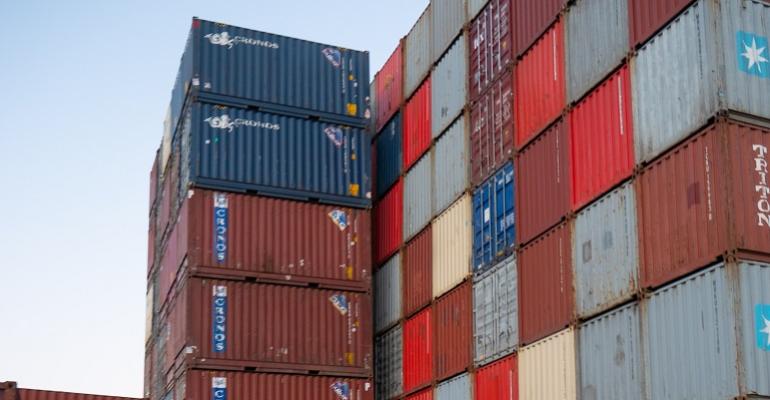Lockdowns announced in 19 Chinese provinces including Shenzhen, Zhejiang, Shanghai, Jilin, Suzhou, Guangzhou and Beijing will “clearly heavily restrict container movements in these ports,” said Container xChange, adding to existing supply chain disruption from the war in Ukraine.
“Lockdowns in China will further reduce capacity and cause a surge in already inflated shipping prices. The shockwaves will be felt across the US and America, and almost everywhere in the world,” said said Dr Johannes Schlingmeier, co-founder and CEO, Container xChange.
The company said the closure of the Asia-Europe railway will potentially add 2.5% of Asia-Europe cargo volume to already strained ocean capacity.
“Adding on top of this, China’s lockdowns will be nothing less than a major shockwave to an already crippled supply chain,” said Container xChange.
The company forecast an acceleration of the rate of increasing in the Container availability index for Shanghai and Ningbo, which would mean more inbound containers than outbound.
“It is unusual for this Asian behemoth that normally exports more than it imports – exhibiting the persisting bottlenecks of its trade routes and the bottlenecks that will inevitably emerge from these lockdowns,” said Container xChange.
Reflecting on box prices in recent months, the company saw prices for 40-foot containers in Ningbo, Shanghai and Shenzhen drop by 10-15% in the month to March 11. In Shenzhen, prices dropped by 8% over the past two weeks.
“Freight rates and container prices were already at a record high even before the [Ukraine] invasion started and what happened immediately due to the war is that the Russian ports were not being called by the national shipping lines anymore, the black sea being somehow closed, and the Asia European railway being quite hit by this.
“The immediate impact of this on the overall supply chain has not started to show up. Not ignoring the fact that the Russian importance on global trade is not big enough for the containerised cargo to really disrupt the supply chains. We see on the other side, the container prices at record highs, containers piling up and a massive shortage as well. This is a result of many more other disruptions over the past two years since the pandemic started,” said Schlingmeier.
Copyright © 2024. All rights reserved. Seatrade, a trading name of Informa Markets (UK) Limited.
Add Seatrade Maritime News to your Google News feed.  |

